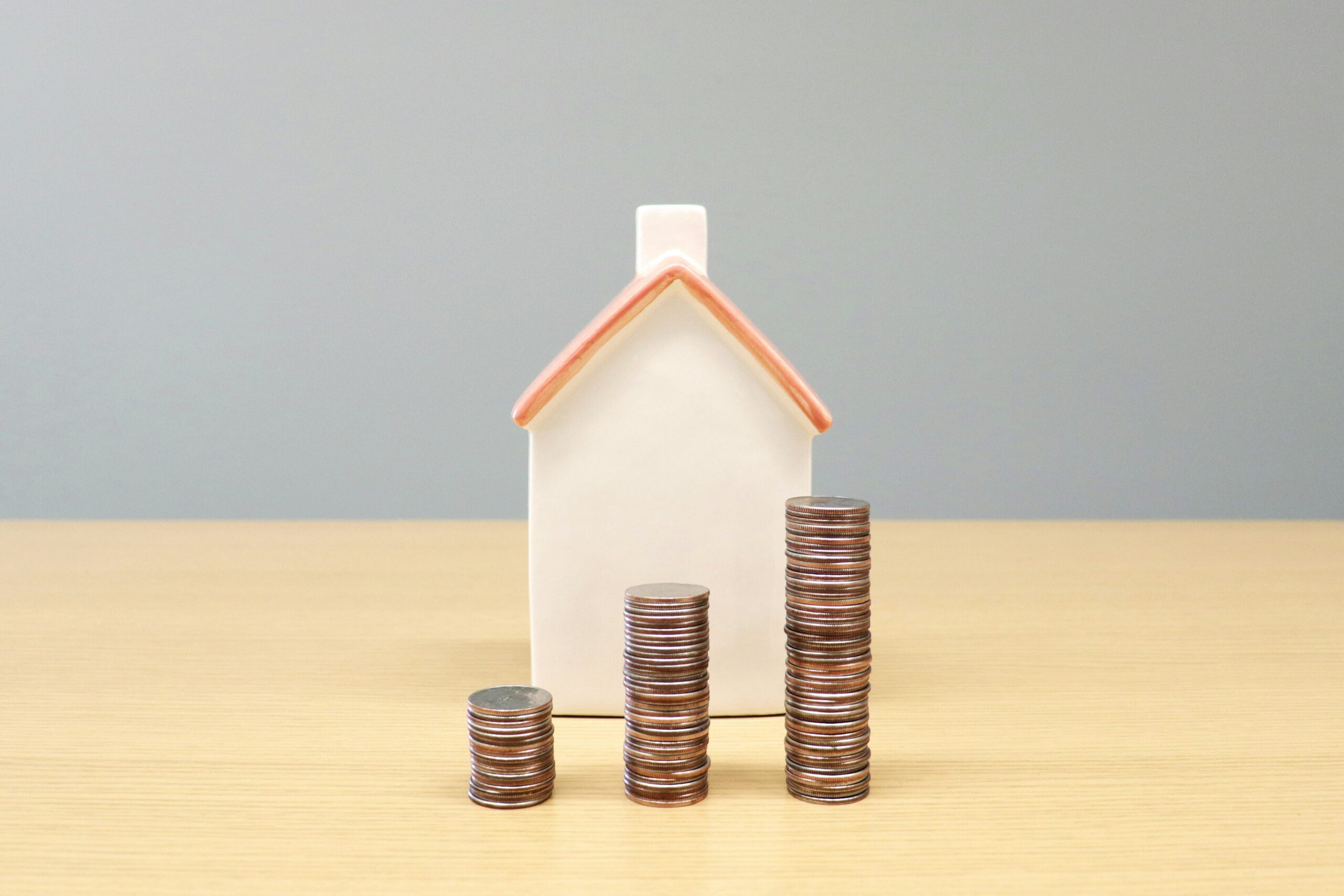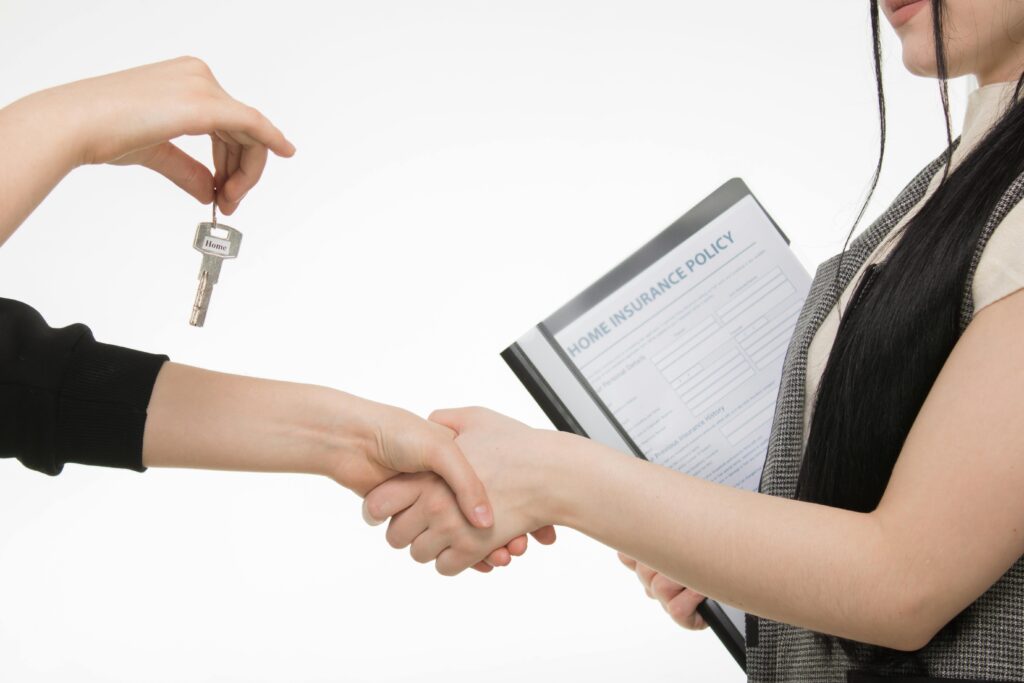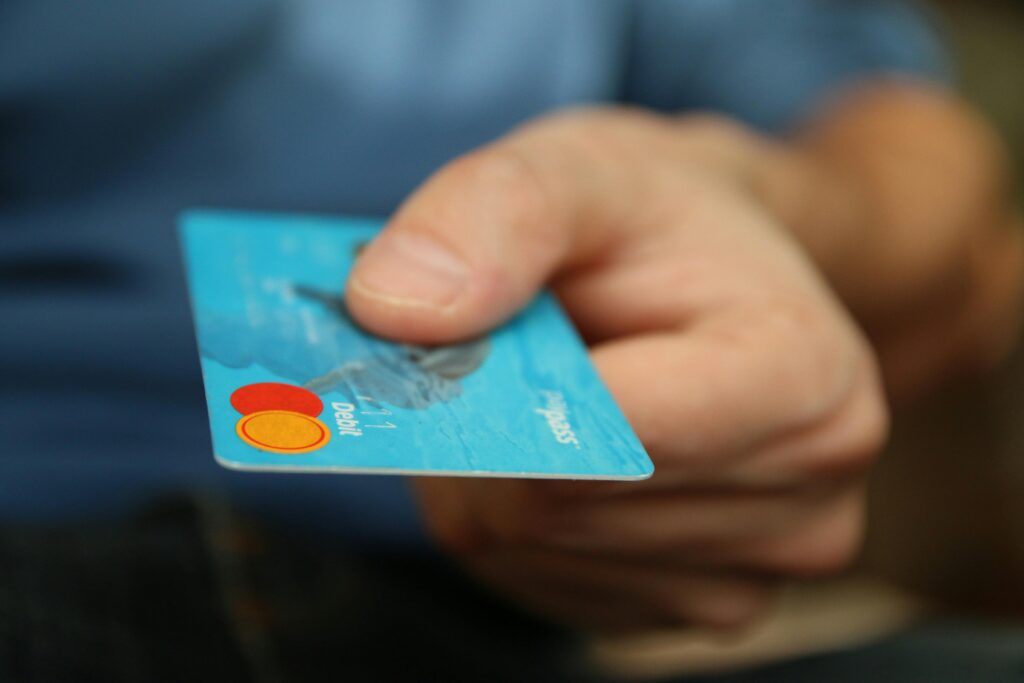Have you ever stared at your bank account the day before payday, heart racing, wondering how you’ll cover an unexpected expense? You’re not alone. According to a Federal Reserve report, nearly 40% of Americans wouldn’t be able to handle a $400 emergency without borrowing money or selling something. Yikes. That’s where emergency fund assistance comes in—alongside tools like credit cards and insurance—to build a financial safety net that can save your sanity in tough times.
In this post, we’ll dive deep into why “emergency fund assistance” isn’t just about stashing cash under your mattress. We’ll explore how political risk insurance, credit cards, and smart saving strategies all play a role in shielding you from life’s curveballs. By the end of this article, you’ll have actionable steps to beef up your emergency fund and protect yourself financially.
Table of Contents
- Why Emergency Funds Matter More Than Ever
- Steps to Build Your Emergency Fund
- Best Practices for Financial Stability
- Real-Life Examples of Emergency Relief Success
- FAQs About Emergency Funds
Key Takeaways
- An emergency fund acts as your first line of defense against unexpected expenses.
- Credit cards and insurance policies (like political risk insurance) offer additional layers of protection when savings fall short.
- Building an emergency fund requires disciplined budgeting and strategic use of financial tools.
Why Emergency Funds Matter More Than Ever
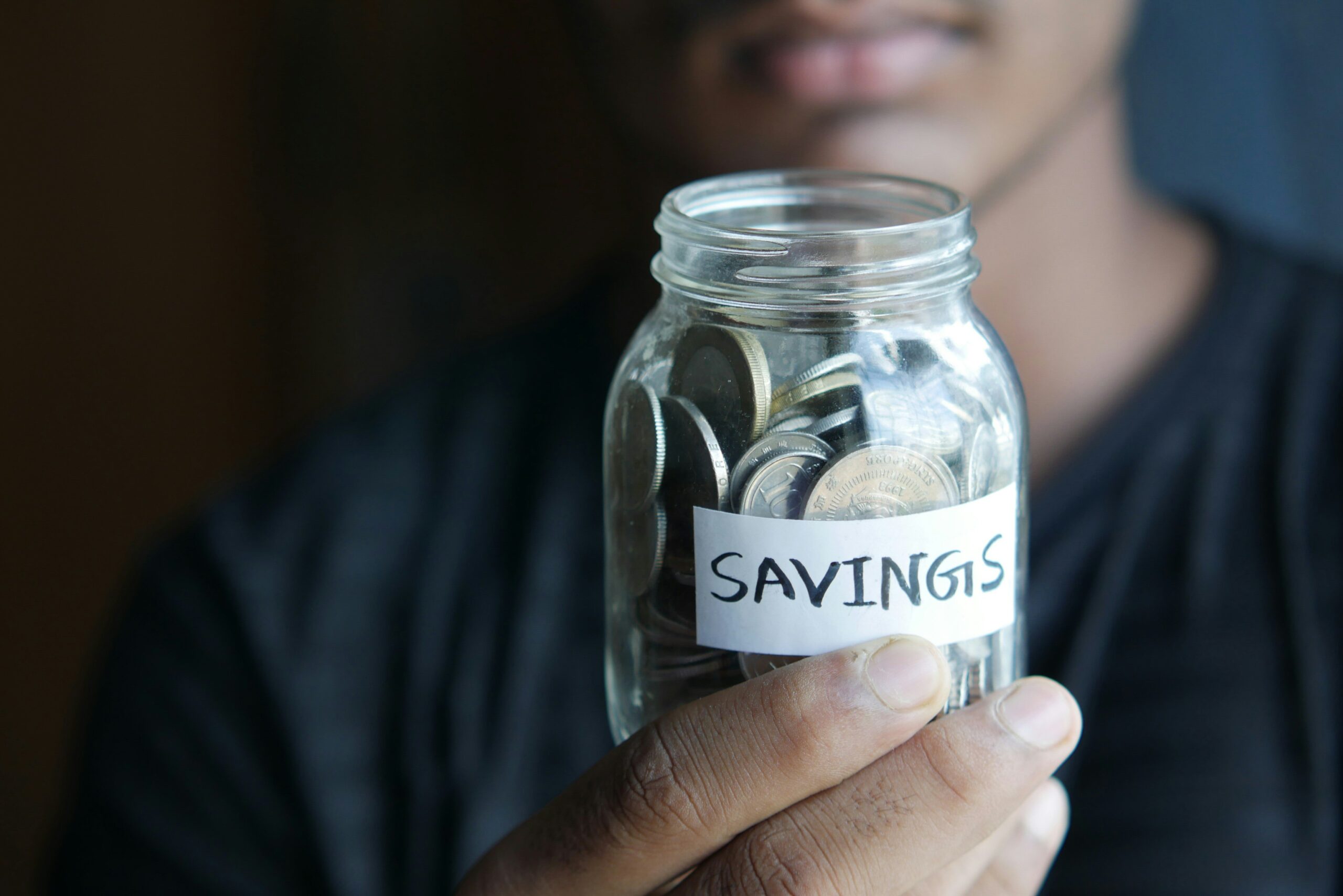
Let’s face it—life loves throwing curveballs. One moment you’re sipping coffee, planning your weekend; the next, your car breaks down, or global tensions spike, affecting investments tied to international markets. This is where having an emergency fund becomes essential.
“Optimist You:” “I’ve got three months’ worth of expenses saved!”
“Grumpy You:” “Yeah, great—but what happens if my political risk insurance lapses during a geopolitical crisis?”
Confession time: I once ignored setting aside a proper emergency fund because *“nothing bad ever happens.”* Cue a major medical bill that left me scrambling. Lesson learned—the hard way.
Sure, relying solely on credit cards might seem tempting, but high interest rates can spiral out of control faster than you can say “minimum payment due.” And yes, while political risk insurance sounds niche, it’s crucial if your income depends on international investments or contracts.
Steps to Build Your Emergency Fund
Step 1: Assess Your Monthly Expenses
Before you start squirreling away cash, calculate your monthly necessities—rent/mortgage, utilities, groceries, etc. Aim to save at least three to six months’ worth of these core costs.
Step 2: Automate Savings Contributions
Set up automatic transfers from checking to savings accounts each payday. Trust me, paying yourself first feels better than buying another latte.
Step 3: Utilize Emergency Fund Assistance Programs
Depending on where you live, there may be government programs or non-profits offering grants or low-interest loans specifically for building emergency funds. Explore these resources—they could give your savings a kickstart.
Best Practices for Financial Stability
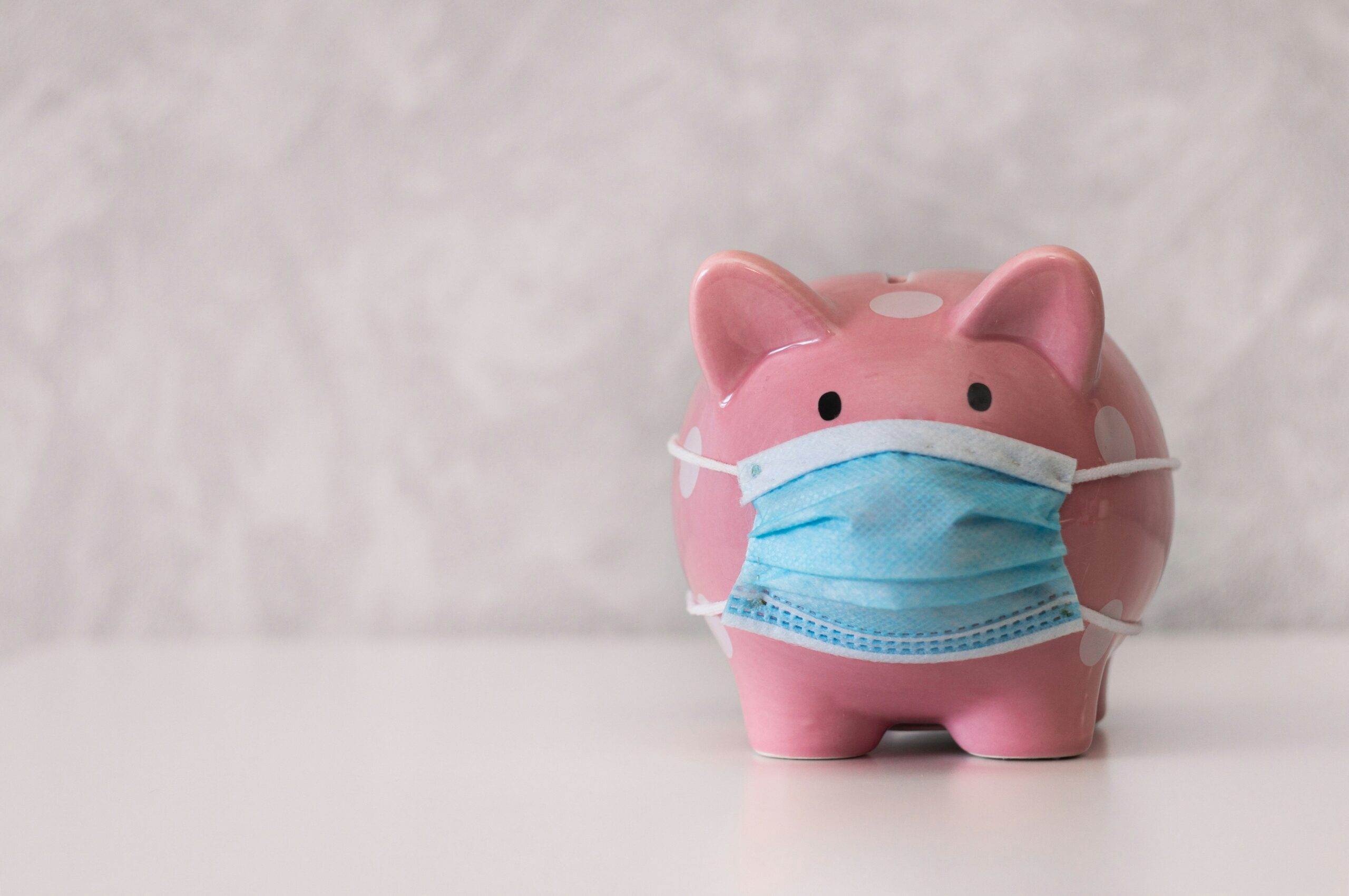
- Avoid Overleveraging Credit Cards: They’re helpful in a pinch, but carrying balances long-term leads to debt traps.
- Mix Savings with Insurance: Combine traditional savings with specialized coverage like political risk insurance to guard against unforeseen economic disruptions.
- Don’t Skip on Budgeting: Track every dollar coming in and going out. Apps like Mint make this chef’s kiss easy.
Terrifically Terrible Tip Alert: Do NOT stash your entire emergency fund in cryptocurrency unless you enjoy gambling your future security on market volatility.
Real-Life Examples of Emergency Relief Success
Take Sarah, a freelance graphic designer whose client base was largely international. When political instability affected her overseas payments, she leaned heavily on her combination of political risk insurance and a robust emergency fund to bridge the gap until new clients emerged.
FAQs About Emergency Funds
How much should I aim to save for my emergency fund?
Typically, aim for 3–6 months’ worth of living expenses. Adjust based on job stability, dependents, and other factors.
Can I rely solely on credit cards instead of building an emergency fund?
Nope. Relying exclusively on credit cards exposes you to high-interest debt if repayment falls behind.
What exactly is political risk insurance?
It protects businesses and individuals from losses caused by political events abroad, such as expropriations or currency inconvertibility.
Conclusion
Your journey toward financial peace begins with recognizing the importance of emergency fund assistance. Whether through diligent saving, leveraging credit wisely, or securing specialized insurances like political risk coverage, being prepared means never facing chaos unprepared again.
So go ahead, take control of your finances—one step closer to freedom. Remember, Rome wasn’t built in a day—and neither will your perfect emergency fund be.
Easter Egg Alert: Like finding Waldo in a crowd, protecting your wallet takes patience but pays off big-time. Keep calm and save on, friends!
